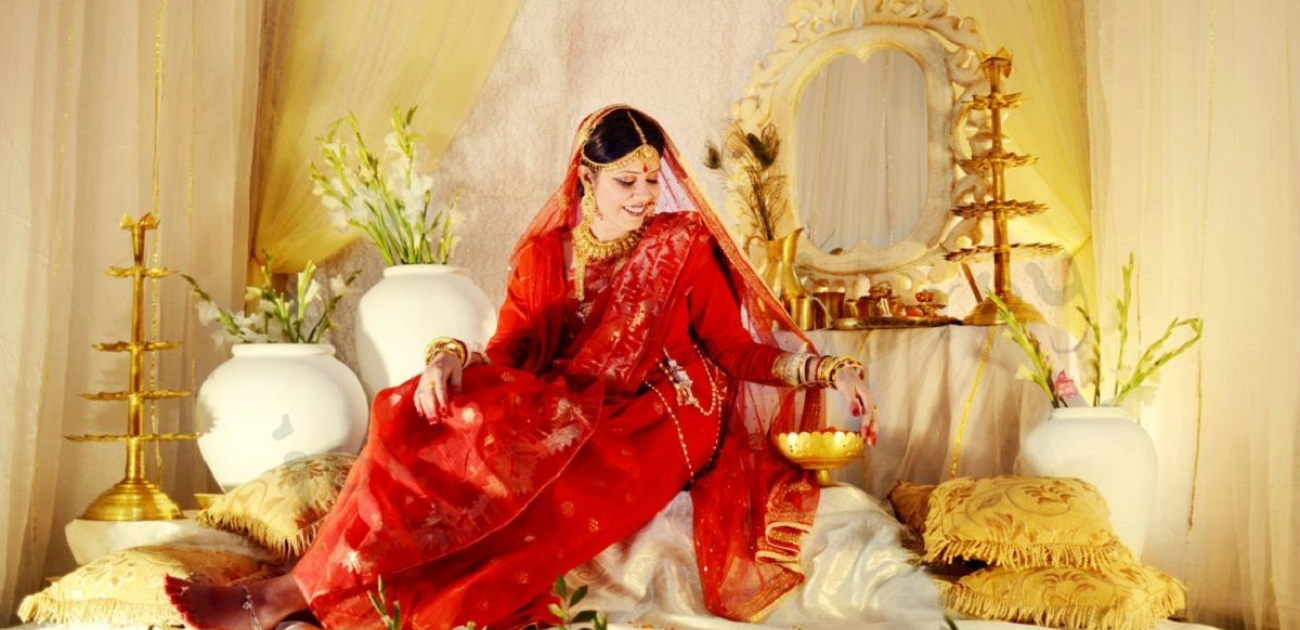Can the UK Revoke the British Citizenship of ISIS Bride Shamima Begum?
For what seems like the first time in months, the news in the last week has not been dominated by Brexit(!) Instead, we have a 19 year old British girl, Shamima Begum (SB), who left the UK in December 2014 – at the age of 15 to go to Syria where she married a member of ISIS, and wants to return to the UK.
The Home Secretary has served papers on her family in the UK notifying them of his decision to deprive SB of her British citizenship under Section 40(2) of the British Nationality Act (1981) on the grounds that her presence in the UK would not be conducive to the public good as a result of her alleged connections with ISIS and support for the terrorist group.
This is clearly an emotive case which has captured the nation’s attention. This article however will focus on the legal position from an immigration and nationality perspective
Can the government revoke SB’s British Citizenship?
Under Section 40(2) of the British Nationality Act (1981) the Home Secretary, Sajid Javid, has the right to deprive a person of their British citizenship status if:
- He is satisfied that deprivation is “conducive to the public good”, and
- They have behaved in a way that “is seriously prejudicial to the vital interests of the United Kingdom”
However, the Home Secretary cannot revoke citizenship if as a result of which, SB would be rendered Stateless. She would not be considered Stateless if she is eligible to hold the citizenship of another country. It is understood Javid will argue SB is entitled to – Bangladeshi citizenship to justify revoking her UK citizenship.
The power to revoke a person’s British citizenship on the grounds of behaviour was rarely used until recent years. It was not used at all between 1973 and 2002, but the use of citizenship deprivations has been steadily increasing since 2006. In 2017, the government stripped 104 people of their British citizenship, compared to just 14 people in 2016. The measure has mostly been used for high-profile terrorists, as well as ‘grooming’ gang members. The difference with SB’s case is that the previous deprivations mainly involved British citizens who had been direct participants of terrorists groups. The Home Secretary is arguing that whilst SB may not have been a combatant with ISIS actively engaging in acts of violence and killings, she is likely to be a threat to the UK for holding extremist views and in supporting a group such as ISIS. No doubt, her responses given during her media interview have not helped her.
Bangladeshi citizenship
Under Bangladeshi law, a British citizen such as SB who is born to a Bangladeshi parent is automatically a Bangladeshi citizen. This means that such a person would have dual nationality. However, their Bangladeshi nationality lapses when they reach the age of 21, unless they make active efforts to retain it. It has been reported that SB’s mother is a Bangladeshi national and on this basis, SB would also be entitled to Bangladeshi nationality. We seem to know little about SB’s father. SB claims she herself was born in the UK and lived here all her life before leaving the UK at the age of 15 in late 2014 to go to Syria.
Whilst SB claims she has never visited Bangladesh and does not speak the language very well, she remains a Bangladeshi national remains until she reaches 21. Therefore, the UK government’s stance is that she is not stateless by law. It does not matter if she does not hold a Bangladeshi passport, as holding a passport is a separate matter from the legal fact of citizenship.
In 2017, the government lost an appeal case brought by two British citizens of Bangladeshi origin who were stripped of their citizenship when they were abroad. In E3 & N3 (Exclusion : Preliminary issue) [2018] UKSIAC SC_146_2017 the Special Immigration Appeals Commission (SIAC) held that as they had not sought to retain their Bangladeshi citizenship before they turned 21, it had automatically lapsed. That meant the decision to strip them of their UK citizenship had rendered them stateless and their appeal was allowed.
However, whether SB would in practice be able to derive any benefit from Bangladeshi citizenship remains to be seen. Bangladesh’s Foreign Minister has stated Bangladesh does not consider SB a citizen of their country suggesting that she is the UK’s problem because she was born in the UK and in their eyes, the only citizenship she holds is British. Given her support of ISIS, they do not want responsibility for SB as Bangladesh has its own problems with terrorist groups and has claimed she could be a threat to the security of Bangladesh too. One can imagine what the UK’s stance would be if the government of another country tried asserting that someone suspected of terrorism offences abroad who was a national of another country but whose parents were born in the UK, were a UK citizen.
Can SB appeal the citizenship deprivation?
SB can appeal the decision. She (or her lawyers) would need to lodge an appeal with the Special Immigration Appeal Commission within 28 days of the Home Secretary’s order. SIAC is the judicial body which routinely decides these deprivation appeals which involves a matter of national security. SIAC is not without its own controversy though – it has long been criticised for being a ‘closed court’. Evidence is presented to the judge in closed proceedings, meaning that neither the appellant nor their lawyers are permitted to see it or even know about it; therefore they cannot try to challenge it.
Given comments by SB’s family and her lawyer, Tasnime Akunjee, that they are “considering all legal avenues” an appeal is likely. Arguments advanced on her behalf at appeal are likely to include the fact that in practice she will become Stateless, as well as focus on whether the decision to deprive is disproportionate and that there were alternative measures available to the Home Secretary other than deprivation to achieve the objective of safeguarding national security.
They could also argue that the deprivation policy which has been applied to her is discriminatory because it is only the children of immigrant parents (even those born in the UK and British since birth) or those that have strong links with another country that can be deprived of their British citizenship under Section 40(2) of the BNA (1981) because someone that is ethnically English or Scottish will be rendered Stateless as the vast majority of those people will have no right to another citizenship. Compare SB’s case to that of an English, white convert to Islam who went to Syria to join ISIS – the UK government has to accept those people back in to the country as there is no power to deport or deprive those people. SB’s lawyer is arguing that there exists a two-tier system when it comes to British citizenship, drawing comparisons to the Windrush scandal.
What about her son?
SB gave birth to a son last week in a refugee camp in Syria. His father is Dutch but as her son was born to a parent who presumably holds British citizenship otherwise than by descent, her son is a British citizen, albeit, a British citizen by descent (which simply means he cannot pass his British status on to any children of his born outside the UK). The UK government have acknowledged her son is entitled to a British passport and that his citizenship cannot be revoked alongside SB’s. This is because he was born before the deprivation order existed and as such, there is no power to revoke his. So, as a British citizen he is free to enter and live in the UK and the UK government will need to facilitate this. As he is a baby and SB cannot enter the UK with him, there have been suggestions that he will either go into the care of SB’s family or in the care of social services. One thing that most seem to agree on is that he is the innocent party in all this. However, the Independent newspaper reports that in a previous case, a baby born to a female Isis supporter in Syria was only given British citizenship after a DNA test proving her parentage.
In theory, SB could try to make an application for leave to enter the UK as the parent of a British citizen child under the immigration rules, but in reality there is zero chance of her being granted leave to enter the UK on this basis given she will not be able to meet the Suitability Requirements under the immigration rules on account of her support for ISIS.
So it seems that SB might pay the ultimate price for what some have described as the most dangerous act of teenage rebellion – her citizenship. The UK government is hoping this case will make others in her situation think twice…
Do you want more information?
 Mariam Khaliq
Mariam KhaliqMariam joined Bishop & Sewell following the merger with Fisher Meredith in August 2017 where she had been an integral member of the immigration team since September 2011.
